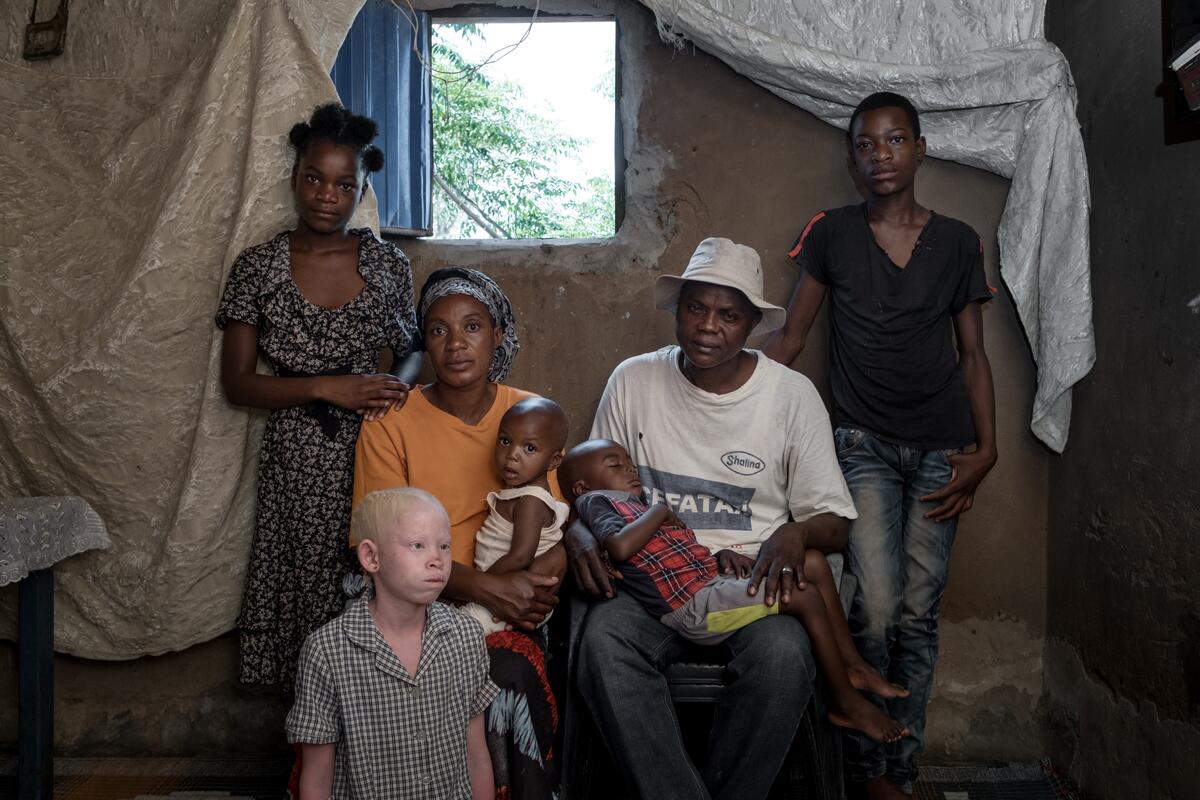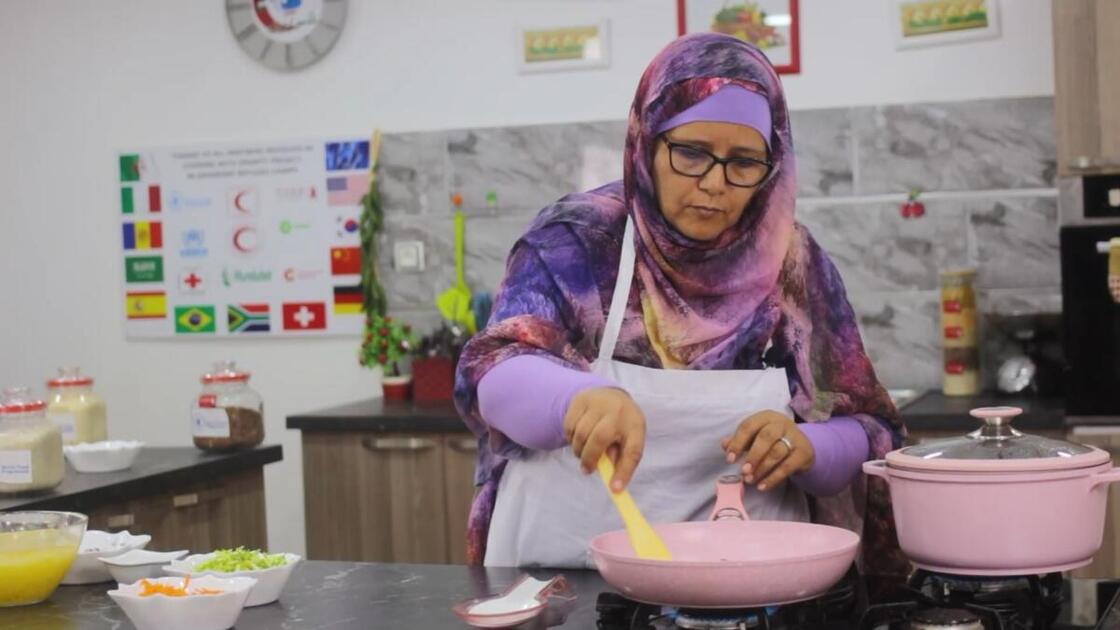North Caucasus: food shortages reported in Chechnya
North Caucasus: food shortages reported in Chechnya
A 17-truck UNHCR relief convoy was en route today to Chechnya, the second such delivery since early March. The convoy of trucks provided by Russia's Ministry for Emergencies (EMERCOM) left UNHCR's base of operations in Stavropol, southern Russia, on Monday. The convoy spent the night in Mozdok, North Ossetia, and was scheduled to go to Chechnya today after meeting with local EMERCOM officials to determine a final destination. That decision will also be based on recommendations from a UN assessment mission to Chechnya which ended yesterday.
The convoy is carrying 56 tons of wheat flour, 1.3 tons of millet, 4.1 tons of pearl barley, 2,000 litres of vegetable oil and more than 10,000 tins of canned beef. Other items include 10,000 bars of soap, 1,000 kitchen sets and 1,000 plastic sheets. UNICEF is contributing one truckload of salt and wheat flour. The total cost of all the relief items is more than $157,000.
In all, UNHCR has sent 60 convoys and nearly $7 million in aid to the North Caucasus since mid-September. Forty-nine of the convoys went to Ingushetia. There are still an estimated 200,000 internally displaced persons (IDPs) from Chechnya in neighbouring republics, most of them in Ingushetia.
Many of these people express a strong desire to return home, but need help to get started. According to UNHCR monitors who interview people at the Chechnya-Ingushetia crossing, many people in Chechnya are short of food. In Nojai-Urt and Vedeno, for example, travellers report there is only maize. Residents of Grozny who travel to Ingushetia say elderly and sick people in Grozny have difficulty reaching soup kitchens which are scattered around the city.
Despite the hardships and destruction, an average of 250-300 people return to Chechnya every day from Ingushetia. The announced completion of mine clearance in Grozny is expected to increase the number of returnees to the devastated city and its outskirts. According to UNHCR monitors, other regions of return include Shali, Achkhoi-Martan and Urus-Martan. EMERCOM continues to provide transport to returnees.
Families often return without adult males, citing allegations that Russian authorities have detained young men. Another problem is the lack of identification and other documents which were burned or lost.









